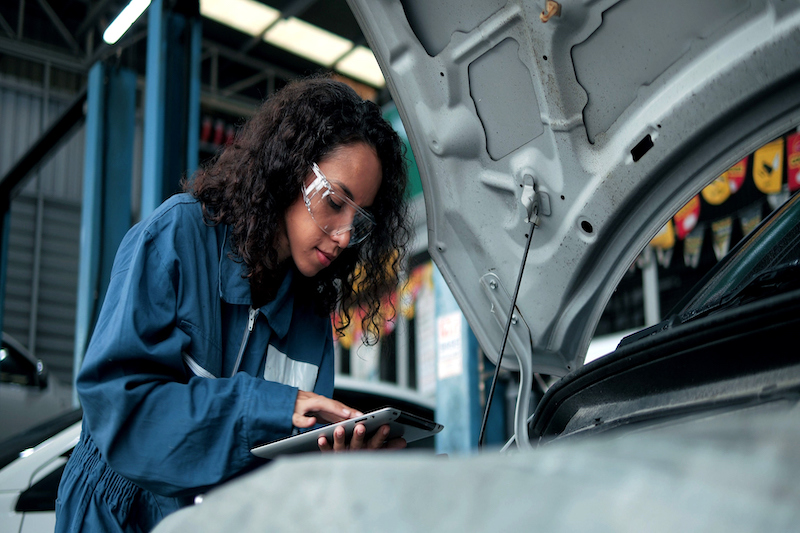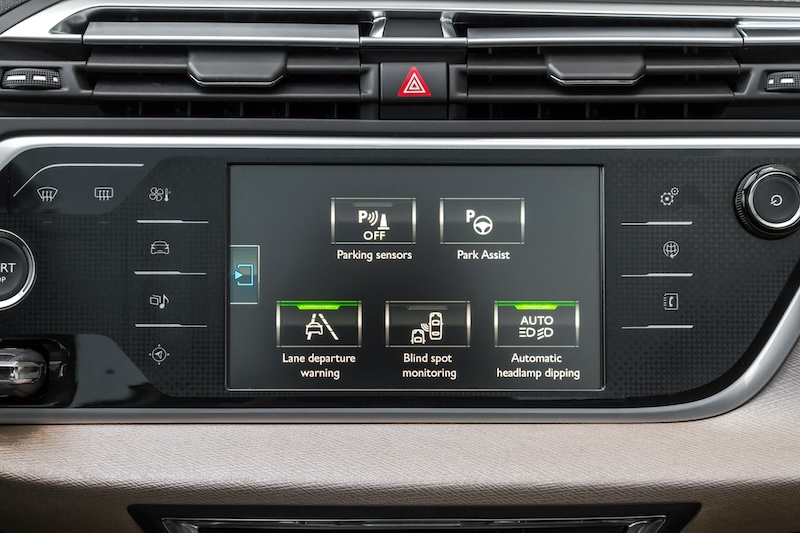28% of cars fail their MOT tests – this is the most common reason why

Simple maintenance checks could save you time and money
MOT tests can throw up some unexpected results, so it might be helpful to learn some of the most common reasons that cars fail the annual inspections.
According to one popular car dealership, it’s issues with brakes and tyres that lead to the most fails, something that could be easily fixed in advance.
7 million fails and counting
More than 32 million MOT tests were carried out between 2022 to 2023, with a whopping 7 million (28%) failing the tests first time round. Almost 2 million of the cars later passed after faults were rectified at the MOT test centre.
One of the most common reasons for MOT failure during this time was a problem with brake pads which should be at least 1.5mm thick – anything less is an immediate failure.
Damaged brake pads can damage brake discs and callipers which are much more expensive to replace and repair. You may also have to replace your brake fluid too.
Cars also tend to fail their MOT due to unsuitable tyres. The minimum legal tread depth for tyres is 1.6mm, although it’s recommended you change your tyres before this point.
The tyre tread gives you friction against the road when you drive, so the lower your tyre tread, the more likely you are to lose grip in bad weather. It will also take you longer to come to a stop when braking.
How do brakes and tyres become so damaged?
Like most things, the more you use brakes and tyres the more likely they are to suffer from wear and tear.
Each time you apply the brakes, pads are worn down and the tread of your tyres wears away naturally when you drive, so it’s important to check them regularly.
Thankfully there are some things you can do to minimise wear and tear to both car parts such as keeping your tyres properly inflated and looking out for warning lights on your dashboard.
It’s very important to check your vehicle over before you take it for an MOT so you can be aware of potential issues. Not only to pass your test but to prevent issues from developing and becoming more expensive issues to fix.
If you want to know how to fix your car yourself, check out our DIY guide to checking your car.


